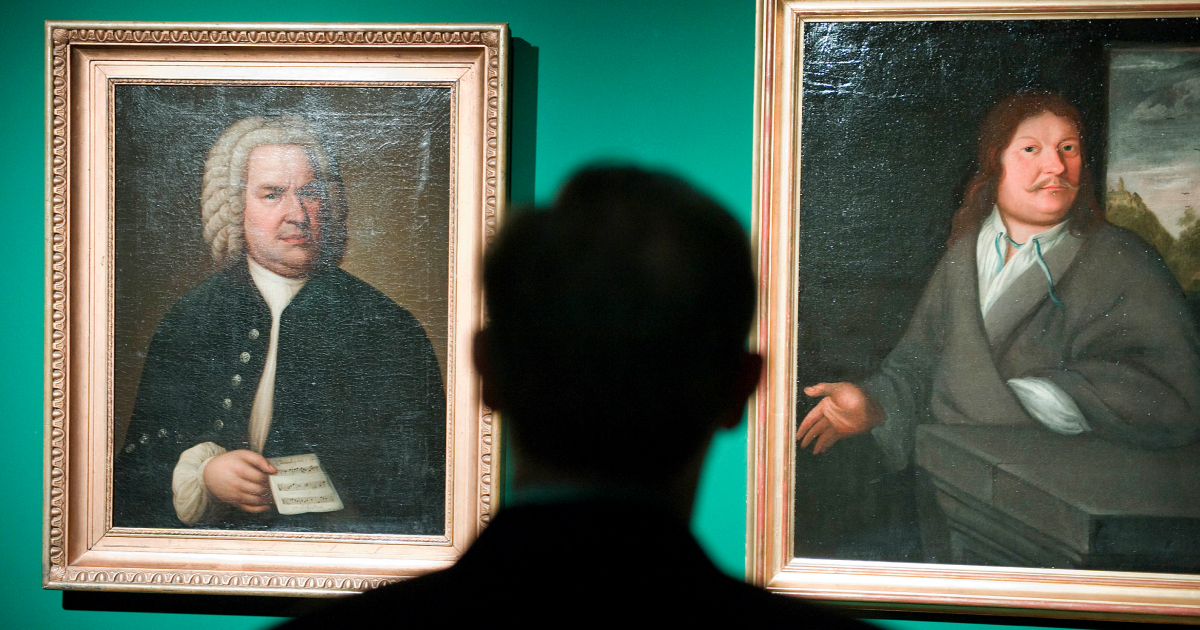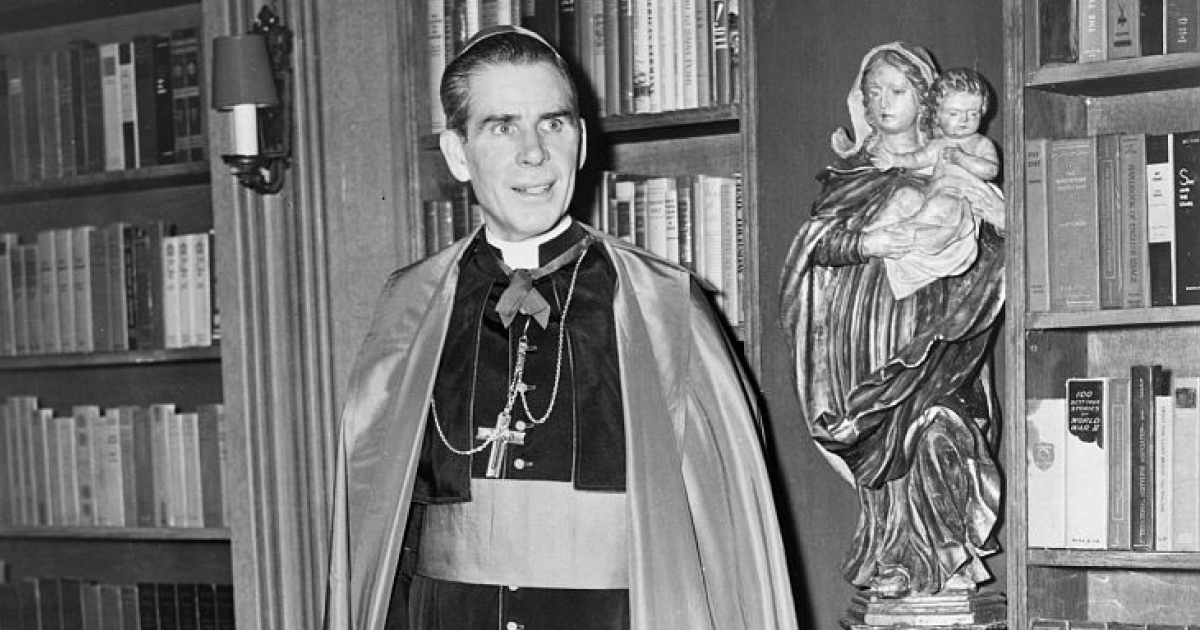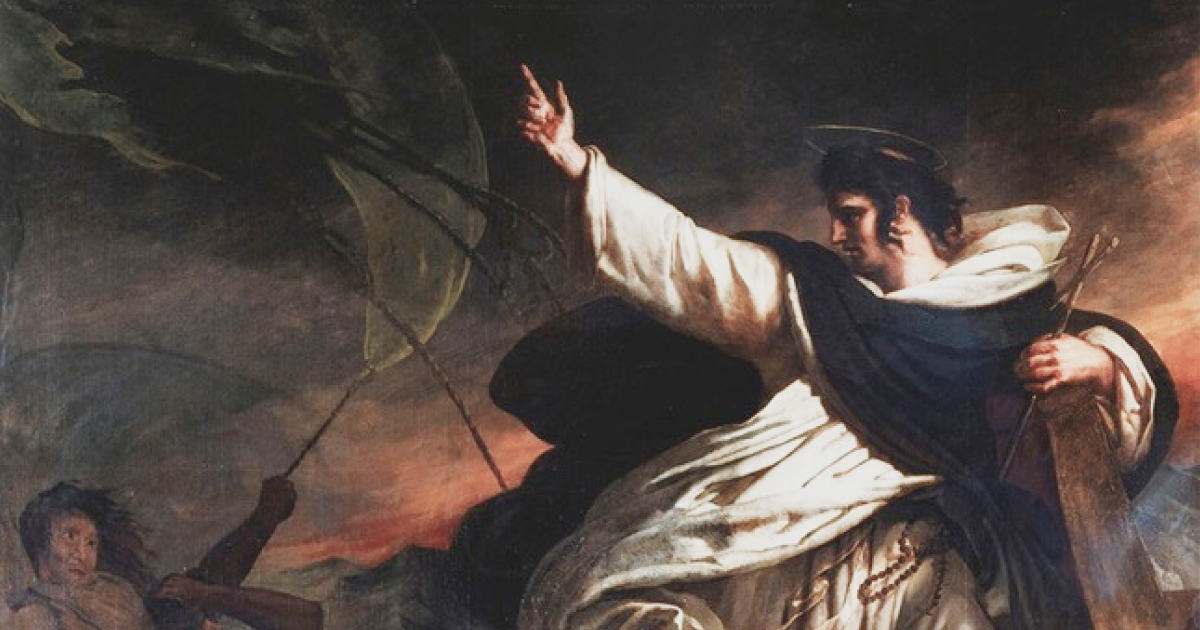That broad body of Christian belief and practice known to the world as Protestantism originated in Catholic Western Europe in the 16th century, mostly the fruit of the highly original, expansive mind of Martin Luther, and then of the rather narrower and derivative mind of John Calvin.
The pivotal doctrine of Protestantism was encapsulated in the easy and elegant slogan: justification by faith alone.
In a Catholic culture in which the passion and death of Jesus on the cross were at the very heart of religious sensibility, Luther's message that Jesus's sacrifice was so overwhelmingly sufficient that nothing else was required from Christians but faith in it found a very ready hearing. Even today, if Luther's rhetoric on this topic is heard as rhetoric, it is nothing more than a fervent proclamation of the gospel, of the good news of salvation.
It was, and is, when the rhetoric is mistaken for logic that the moral hazard peeps out and the doctrinal difficulties creep in. For where Luther's logic took him was on a quest for complete certainty about his own spiritual standing with God, and "faith alone", he concluded, could confer the certainty "above all certainty" (as he put it), that you had the grace of God. And this faith conferred grace so certainly that, if you weren't certain you did have grace, then you definitely didn't.
It had to be faith "alone", without any human contribution on the believer's part, because, as Luther well knew, fallen human beings were deeply flawed, shot through with sinfulness and utterly unreliable. "All men are liars" (omnis homo mendax, Ps. 115:11) was among his favourite biblical tags. If our own works or actions played any part in our salvation, then the certainty of grace that he sought and inculcated could never be attained. Faith alone …
The other great pillar of original Protestant teaching derived from the same root. "Scripture alone" (the "Word of God") had to be the only channel for religious truth because if such truth depended on tradition or the Church, it depended on fallen human beings and could not be relied upon. The plain text of scripture, in its literal sense, was all that could authorise true doctrine or moral order, because any mediation through human interpretation is necessarily open to error or deception.
The logical problems with these principles are immediately apparent, and were instantly and deftly exposed by Luther's Catholic opponents, such as John Fisher and Thomas More. But, as Leszek Kolakowski famously observed, for any given position you decide to uphold, there is an infinite supply of arguments available to defend it, and the logical difficulties of core Protestant doctrine have long been decently obscured by a fog of argument.
And where has that left Protestantism now? "Faith alone" and the certainty it was said to confer are either forgotten or comically misunderstood. Among the formally Protestant Churches which supplanted Catholicism in Britain, Scandinavia and much of Germany, almost nothing that was certain to Luther and Calvin seems obvious today.
No longer anchored to the rock of Peter, these little vessels are towed where they will by the states that separated them from Rome. They find themselves today espousing a moral order and an understanding of humanity in flagrant contradiction of the biblicism they once avowed.
The ordination of women, free divorce and remarriage, the recognition of same-sex intimate relationships as "marriage", and much more besides, all this shows that the spirit of Protestantism has ceased to breathe any life into these time-honoured ecclesiastical institutions.
For the most part, such Churches dare not even assert that Jesus is the saviour, still less that faith alone attains the grace he offers. Instead, they preach a delightfully egalitarian message of indiscriminate universal salvation.
Outside the established Churches, the Protestant slogans are still recited and invoked, especially in the "Pentecostalist" sphere and in the mushroom churches that spring up like small businesses in the crumbling infrastructure of former cinemas, abandoned bingo halls, deserted shopping malls, and emptying industrial estates.
But the "faith alone" preached there is a shadow of Luther's. The rhetoric of today's "evangelical" preaching is the rhetoric of choice: "Choose Jesus". It's the language of the market and the consumer, and often enough packaged in an account of faith and providence that is like a cargo cult than anything Christian.
The Protestant Reformers of the 16th century were at least aware of the complexities of human psychology, and of the dangers of self-delusion, wishful thinking and hypocrisy. The great Protestant figures, such as Luther himself or the English Puritan William Perkins (1558-1602), attained their salvation and their certainties by "decision for Jesus".
Today, the sort of certainty they sought, and thought they attained, is unthinkable to most thinking people. We are not as certain of anything as they were of everything. What passes for "faith alone" among modern Protestants would mostly have struck them as a self-serving variety of Pelagianism.
As for "scripture alone", that is doubly hard to take seriously in a culture in which the Bible is no longer the default sacred text, and in which the idea that any text can be innocent of interpretation seems merely quaint. As has been said, the very idea of the "literal sense" is itself a metaphor.
Language itself is metaphor. There is no such thing as a totally transparent text or a self-interpreting text. Every text in the world is part of a larger web of language which is imperfect and ever-changing. It is what it is, and we have to live and work with it.
What happened to the authority of "scripture alone" was exactly what Thomas More and others foretold – an interminable babble of conflicting individual interpretations, all equally convinced that they represent the plain and obvious sense of scripture.
The transparent text soon mutated into the individual interpreter, and a mere two centuries after Luther, most English-speaking Protestants saw "private judgement" as the bedrock of their position, an early version of what our age understands by "freedom of conscience" (which has little to do with the Christian concept of conscience).
A thousand years before Luther, St Jerome had asked an advocate of simple biblicism whether anyone who owned two coats could be a Christian. Thomas More reckoned he could cook up "15 new sects in one forenoon" on the Protestant scripture principle. Where Christian monarchies simply switched from Catholicism to Protestantism, the full potential of this fragmentation was obscured and unrealised.
But where political authority was unable or unwilling to impose control, as in Germany in the 1520s and 1530s, England during the Civil War and interregnum of the 1640s and 1650s, or the United States from its foundation, the proliferation of competing Protestant sects was always and immediately evident. In that melée, even the message of "faith alone" can soon be drowned out by an insistence on some fresh sentence ripped out of context and erected into a dogma.
Protestantism has come a long way since the days of Luther. It began in a noble aspiration to excavate the irreducible foundation of exclusive Christian truth from the rubble of human tradition and superstition under which, the Protestant Reformers claimed, it had been buried.
It has ended in the kaleidoscopic confusion its enemies foretold for it, in thrall either to the spirit of the age as embodied in the state or to the whims of any self-appointed prophet with a Bible in their hand and a bee in their bonnet.
Illustration based on Martin Luther posting his 95 theses to the door of the Castle Church in Wittenberg, Germany, on 31 October 1517 (by Christian Adams).
Richard Rex is Professor of Reformation History at Cambridge University
This article appears in the October/November 2025 edition of the Catholic Herald.To subscribe to our thought-provoking magazine and have independent, high-calibre and counter-cultural Catholic journalism delivered to your door any where in the world click HERE.





.jpg)




.jpg)






